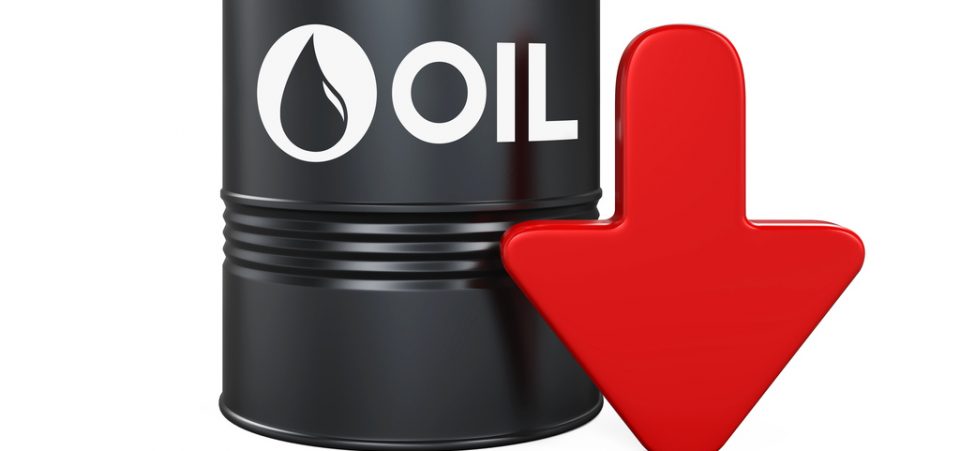Stock Market Plunge
Until not long ago, when the economies of the West were heavily dependent on manufacturing rather than finance (as it is now), low oil prices were good for the economy. They were also good for financial markets. Low oil prices meant lower costs for energy, production, and transportation for companies and individuals. Families would have more residual income to spend on food, leisure, and travel—and companies could report better earnings.
Sometime in the 1990s, this started to change; high oil prices could lead to a stock market plunge.
The stock market may not have reached a crucial moment yet. There are still many willing to pay exorbitant stock prices, even amid fears that interest rates will be going up faster and higher than anyone could expect, to offset the potential for inflation. Yet, there are risks lurking.
The high probability that the Federal Reserve will raise interest rates will cause the bond and equity markets to panic. Fears that the economy could overheat, producing inflation, have reinforced that concern. The interest rate issue has shown that it can hang over investors like the sword of Damocles. This will fuel volatility and also send alarming signals to the Asian and European markets.
Now there is almost a reverse correlation between stocks and oil. The stock market correction that started in China in July/August 2015, culminating in January 2016, made it abundantly clear that, when stocks go down, so do oil prices. It follows that, if this correlation continues to be correct, crude prices shall drop in response to the recent February 6 market correction.
Oil Market Bubble
Crude oil prices fell to an incredibly low $37.00 per barrel in 2015. Prices recovered in 2016 and started to rise again in the second half of 2017. But is this sustainable in the long term? Tom Kloza, who was one of the first to predict the oil price collapse in 2015, thinks that the recent increases aren’t going to last. He has described them as an oil market bubble.

Chart courtesy of StockCharts.com
As the oil price chart above (Brent contract) shows, the prices have not followed a linear, much less a predictable, pattern. Yet, in 2015 they took a decisive bearish turn that has only started to reverse in the second half of 2017. The question is, now that stocks have exposed their Achilles’ heel, how long can the oil bull market last? There’s no doubt that the higher the dollar goes, the more risk there is to oil prices (not so much to consumers). The market fears, largely based on higher interest rate expectations, imply that the current price of oil will not last.
Stock Market Collapse
The very term “bull” is teetering on the brink in 2018. The first Monday of February will be remembered in stock market history for one of the sharpest stock sell-offs. The market recovered half of what it lost on February 6, but it’s not an episode that investors should dismiss. It’s a warning.
Many stock valuations are too high. Price-to-earnings ratios exceed all logic. Some of the best-performing stocks of 2018, like Tesla Inc (NASDAQ:TSLA), have negative earnings-per-share and face uncertain futures. They do have grandiose plans though.
Then there are the international and domestic political risks that could also prompt a stock market collapse.
In 2017, geopolitical risks were as considerable as they were in 2016. But the markets decided to ignore them, because there was a prevailing confidence resting on the Federal Reserve’s interest rate guarantee. That’s no longer the case now.
In 2018, geopolitical risks will play an important role. It has become rather clear that, unlike the insinuations from “Russiagate,” Presidents Donald Trump and Vladimir Putin do not enjoy a special relationship. Russia and the United States appear ready to resume the Cold War, while tensions with China are also increasing.
Ordinarily, such tensions would benefit the oil markets. But the only factor capable of doing that nowadays would be an incident in the Persian Gulf. Thanks to the strength of U.S. oil production in Texas and South Dakota, the U.S. economy has become shielded from Middle Eastern oil.
Now the main geopolitical risks to markets come from President Trump himself. His protectionist trends could damage the world economy, discouraging investments. Trump may already have launched a trade war with China, adding market volatility.






